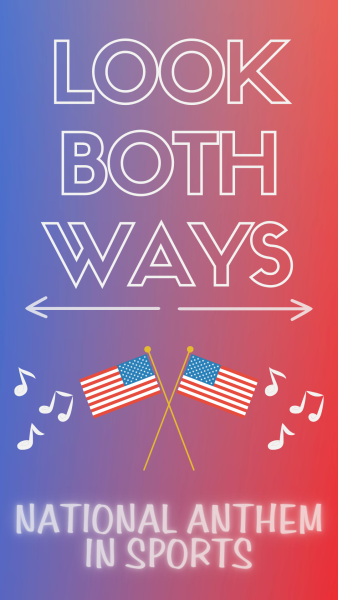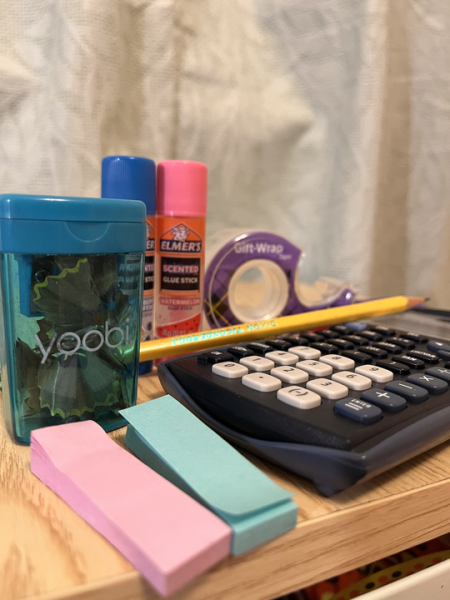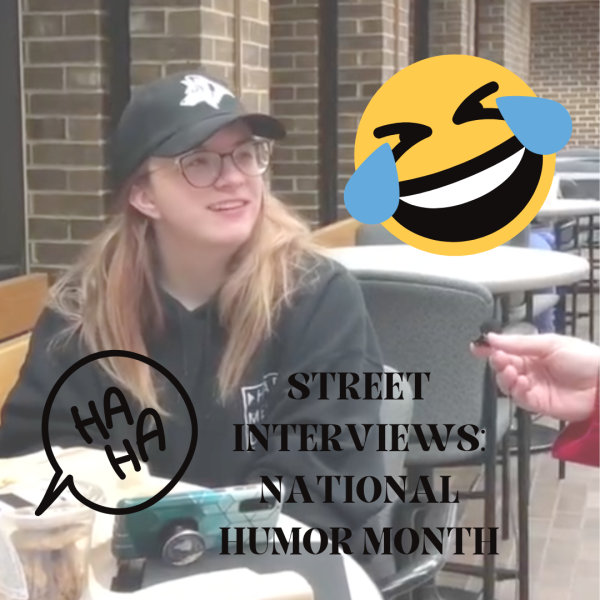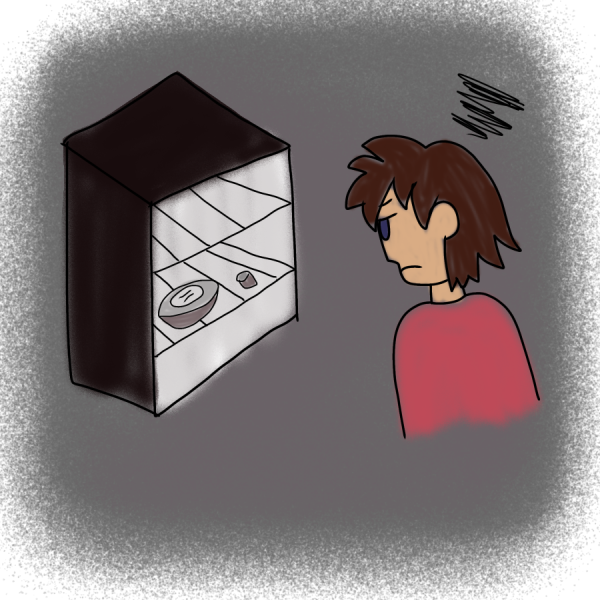We have lost the ability to listen
Sad, unhappy and tired woman and man thinking, feeling confused.
March 8, 2022
In the age of busy schedules, social media, smartphones and fast-growing technology, it is clear how much our mental health has been affected. But what no one is talking about is the effect it is having on everyone’s ability to simply listen.
America has been torn politically for years; no one agrees on how to handle a pandemic, feminism, the Black Lives Matter movement or who should be in the White House. I don’t foresee these issues being resolved quickly, but what I have seen is a lack of open-mindedness.
We are more divided today than we ever have been, according to a study done by Pew Research Center.
We live in a world where any conversation we have has the potential to escalate into something bigger. I mean, think about when you have your family over for Thanksgiving and you have to watch what you say in an effort to not offend anyone.
There are many major decisions to be made, public vs private healthcare, funding vs defunding the police, vax vs anti-vax, mask vs no mask and tons more. But we are making those choices for ourselves, our children and those around us based on the information we already have and are comfortable hearing.
Listening to others is a skill that can be developed through practice. What we are taught in grade school is looking the speaker in the eye or tracking the speaker, nodding and smiling and repeating the pieces back to them, but all of that will not help you to listen to others.
“Research shows that we only tend to listen to the outlets that we agree with, giving us little incentive for common ground,” communication professor Ferald Bryan said. “Or, if what we are always hearing is the put down of the other side, [there is] no respect for some of the good qualities or positive elements.”
When it comes to the classroom, Bryan believes that part of going to college is learning about different points of view and to look at issues from many sides.
“I want half of the class to think I’m a liberal, the other half to think I’m conservative because whatever my political opinion or voting record I may have is irrelevant,” Bryan said. “I want them to wrestle with the information and talk about it.”
I want half of the class to think I’m a liberal, the other half to think I’m conservative because whatever my political opinion or voting record I may have is irrelevant.
— Ferald Bryan, communications professor
Part of being young is gathering all the information you can and forming your own opinions from it, and discussing with coworkers and peers in a respectful way, so you can all learn from each other.
American journalist Celeste Headlee said in a TedTalk, “We’d rather talk. When I’m talking, I’m in control. I don’t have to hear anything I’m not interested in.”
In addition, we are distracted. As a speaker, we can say up to 225 words a minute, while when listening we can hear 500 words per minute. Our brains bridge the gap of the other 275 with our own thoughts causing a struggle to focus on the speaker, according to Headlee.
This goes to show that, as a society, we have little desire to listen to others. My personal tip would be to know that you are not an expert in everything. Always assume you have something to learn.
It does take time and energy to be selfless, put your own opinions aside and fully listen to someone, but if you can’t do it then what is the point of speaking with them?













